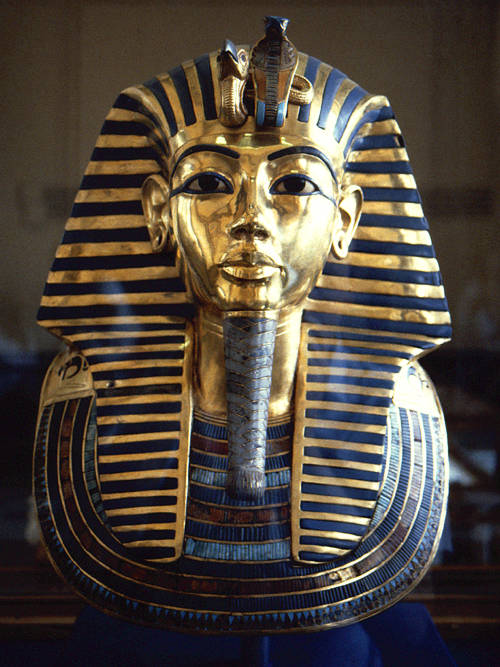Who's Responsible for Pharaoh? [#EatThisBook - Exodus 8]
Anyone reading the account of the plagues in Exodus comes upon a troubling phenomenon: sometimes Pharaoh hardens his own heart (8:15), whereas other times (7:3) the Lord hardens Pharoah's heart. Which is it? If it is the Lord who causes Pharoah's heart to be hard, then how is it fair for Pharaoh to be held responsible for his actions?Short answer: I don't know.Longer short answer:The Bible is not a legal brief, written and revised countless times by people trying to close every possible loophole for future liability. The Bible is not an airtight mathematical theorem?of a complex geometry problem. The Bible is instead a collection of writings that reflect God's interactions with men and women over the centuries. The Bible tells the great story of redemption; it does not attempt to answer every question, reconcile every inconsistency, and remove every nuance. If it were a legal brief, you'd need to fire your lawyer. But, it's not. The purpose of the Bible is not to defend God from a lawsuit; one of the purposes of the Bible is to tell us what we need to know about God's plan of salvation.I've wondered recently if perhaps the parts of the Bible that give us difficulty, that trouble us, are perhaps the parts of the Bible to which we most need to pay close attention. Maybe God?wants parts of the scripture to trouble us. Maybe the parts that give us pause are the parts over which we most need to pause.Beware Theological Schemes That Explain?EverythingI tend to be wary of theological explanations that have an answer for every difficult spot in the scriptures. It is true that sometimes we have difficulty in the scriptures because we haven't studied enough, and in these times explanations can be helpful and clear up a perceived difficulty that really isn't a difficulty at all. But other times, the scripture is just difficult, and no one can really give a satisfactory explanation. The Bible is not a legal brief--ambiguity is allowed. The Bible is not a mathematical proof--you are allowed to have remainders that don't completely fit into the system. Two Ways of Understanding Pharoah's Hard Heart
Two Ways of Understanding Pharoah's Hard Heart
- Maybe we take the text at face value: sometimes Pharaoh deliberately resists God, and sometimes God supernaturally increases Pharaohs resistance. This seems unfair, but our perspective is admittedly limited, and maybe the Exodus can only happen if Pharaoh becomes more and more stubborn. Maybe things have to get worse before they can get better. And, as the Apostle Paul writes in Romans 9:14-19, we are not in the position to judge the Lord's actions. We are not God.
- Maybe God just gives Pharaoh over to the desires of his heart. Maybe God doesn't?make?Pharaoh do anything: maybe God just lets it happen. Maybe God knows that Pharaoh is not going to relent, but God's foreknowledge might still allow space for Pharoah's free (wicked) choice.
I don't have a good answer to this theological problem, but maybe that's okay. After all, life is not neat; life does not conform to a legal brief or a mathematical theorem. And neither does scripture.What do you think?
